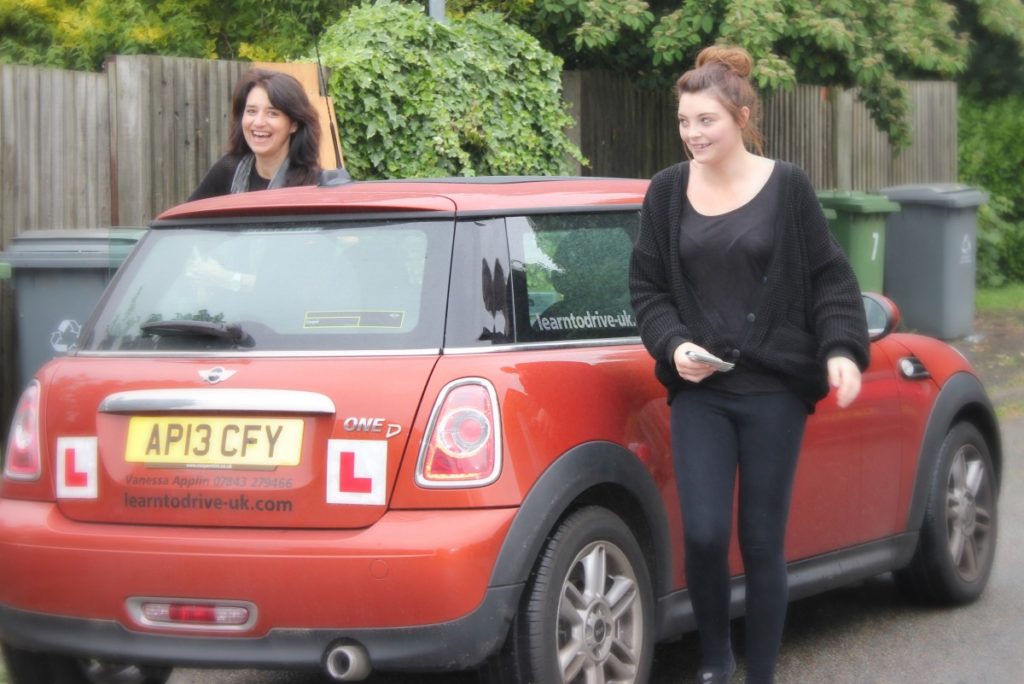Driving is a necessary skill for most people in the United States. The sheer size of the American territory, being either the 3rd or the 4th largest country on the planet, requires its citizens to learn how to drive so they could travel all over its vast territory. In most states, individuals who are 18 years old can apply for a license. This has become a rite of passage for most Americans, and their teenage life is not complete if they are not able to secure a license after they reached the legal age to drive. Most American teenagers are still in high school or at their first year in college when they hit the legal age to drive, and their parents are giving them their first vehicle as a gift. By the time that they hit the legal age for securing a driver’s license, most teenagers are expected to know how to operate the vehicle. This is due to the parents in the United States teaching their children how to drive at a younger age.
An average teenager knew how to operate a vehicle as early as thirteen years of age. Through experience, teenagers are developing the skills needed how to operate the vehicle. This is important, especially if they are the only ones who could operate the vehicle in times of emergency. However, there are things that they always need to remember to avoid being involved in an accident. Most teenagers are aware that they can be involved in an accident even if they are following traffic rules and being aware of the condition of the road. Searching for things like “what to do after a car accident” makes them more knowledgeable about the things that they need to remember if ever they will be involved in an accident. They are also keeping the hotlines for emergency services, especially if the accident is severe.
Parents who are teaching their teenagers how to drive are also training them how to become responsible drivers. The training starts at home, wherein traffic rules are being explained in depth so that teenagers would know what the signs meant and what they should do in a certain situation. The traffic light is one of the fundamental traffic rules that should be taught even to children at an early age. Road courtesy should also be taught to teenagers, which will help minimize accidents and incidents of road rage when driving. There are also rules that needed to be reconsidered when driving under certain conditions, and parents are always reminding their teens to listen to what they are saying to avoid any problems when they managed to get their licenses by the time they reached 18 years old.
One of the most important things that teenagers should remember would be driving cautiously when they are with their friends. Teenagers who are driving with their friends tend to be more ecstatic when they held the wheel and, sometimes, basic traffic rules are forgotten. Other times, these teenagers wanted to hit the road even if they are already intoxicated, which is highly dangerous. Parents should always remind their children that driving while drunk or high on drugs is irresponsible driving, and it could lead to fatal accidents on the road.
Driving under certain conditions can also be tricky for first-time drivers. Driving at night requires special training when looking at the dark environment and the eyes should be trained to enable seeing objects through the dark. Teenagers should always be reminded to use the headlights whenever it is dark outside and to use hazard lights if necessary. Another tricky weather condition would be driving when it is snowing. In the United States, an accident might happen if there is a strong snowstorm. The roads become slippery, turning the vehicles into an uncontrollable thing that could hit pedestrians and damage properties. Teenagers should be taught that driving when the weather is snowy should require extra caution.
There is no reason why a teenager cannot be a good, responsible driver if taught the right techniques. Teach them what they need to know and then have confidence they have listened to you and will follow the rules.



